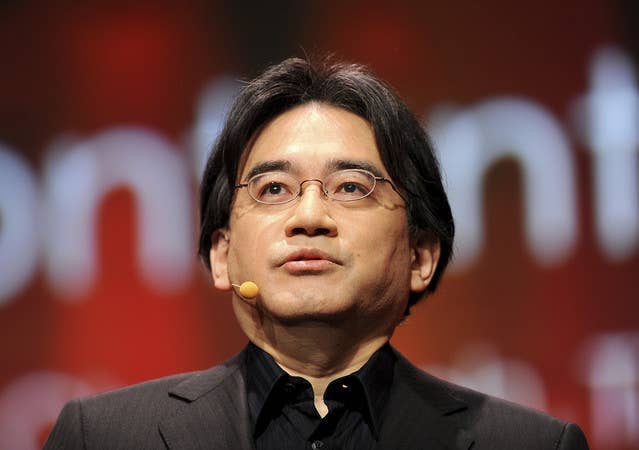Nintendo: The handheld market is not shrinking
Satoru Iwata acknowledges the importance of smartphones but vigorously defends the dedicated handheld market
Unlike the PS Vita, which many would argue should be selling better than 2.2 million, Nintendo's 3DS has been faring quite well, selling 19 million units worldwide as of June. While there are far more people in the world who own smartphones than Nintendo 3DS, Nintendo CEO Satoru Iwata believes both markets can co-exist and he insists that portable gaming machines aren't going anywhere.
"I think a lot of this discussion is based on the premise that the handheld gaming device market is shrinking or vanishing and I don't think that is true and I'd like to address that," he told Kotaku.
He continued, "Something that [Nintendo of America president] Reggie [Fils-Aime] said at E3 was that the Nintendo 3DS hardware was selling more or faster than the DS, and I think that's something... that a lot of people are aware of. But something that Reggie also said is that the 3DS software sales were exceeding DS software sales." The 3DS had sold 10.5 million units of software in its first 14 months, which is more than the DS had sold in the same period of time.
"I think this is proof that even though we see an increase in smartphones and tablets and whatnot and there's obviously a huge flood of games in the market, I think the software sales that Reggie alluded to and pointed out really prove that these people, even with this flood of free games and whatnot for these portable devices-[these] non-game-centric devices-are not keeping people from purchasing software for dedicated hardware," Iwata said.
For Nintendo, one of the key differences between the 3DS and smartphones is the kind of experience that the 3DS can provide for more serious gamers. Iwata sees smartphones offering games that are more "time fillers."
"I think within games you have two needs that people fill. One is the time-filler need. The other is that it's a very important time for me and I want to have a rich experience. Those are two separate needs, I think," he said, implying that the iPhone offered more of the time-filler need.
"The other thing is how much are consumers willing to pay to play. I think that consumers who are willing to pay money for a gaming experience are looking for something that is more rich and are willing to spend some of that valuable time on that experience. I believe that as environments change and as the world progresses we're going to have different ways in which people want to spend their time. That being said, I don't think we're going to see the desire to have, again, rich and deep sort of gaming experiences... we're not going to see that vanish. That's not going to go away," he concluded.

